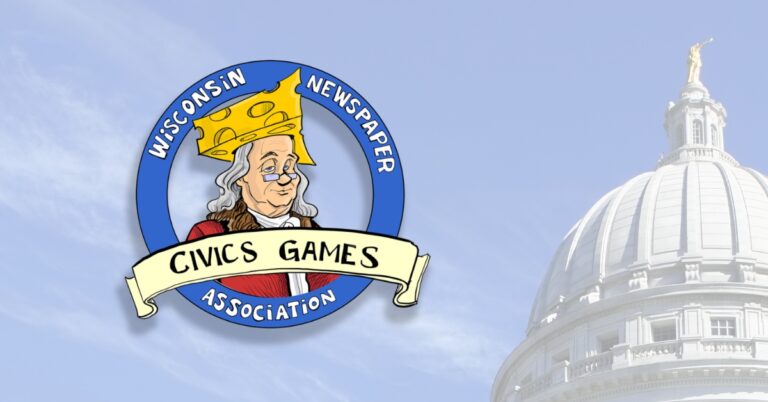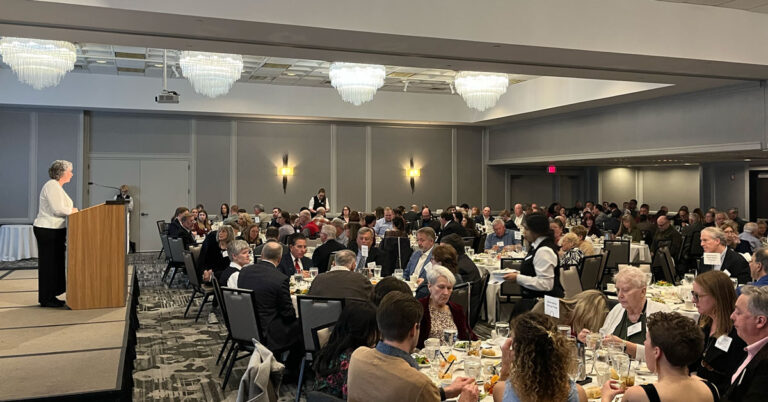Weekly Fiscal Facts are provided to Wisconsin Newspaper Association members by the Wisconsin Policy Forum, the state’s leading resource for nonpartisan state and local government research and civic education. The Wisconsin Policy Forum logo can be downloaded here.
- Download this column as a Word document
- See other WNA Member Content offerings
People who move away from Wisconsin tend to be more highly educated than those who stay in the state or those who move here from elsewhere, highlighting the state’s need to attract and retain college graduates.
Over 20 percent of native Wisconsinites ages 31 to 40 who moved out of state were classified as “highly educated,” defined as in the top third of educational levels, according to 2017 federal data. The percentage of highly educated people born elsewhere who moved into Wisconsin was under 10 percent, however, indicating a “brain drain” deficit.
Although improved from the state’s previous rankings, Wisconsin’s gap was still the eighth highest in the country and second only to Iowa in the Midwest. Meanwhile, Illinois and Minnesota saw net gains of highly educated workers in the same age group.
Wisconsin has comparatively strong population retention, but its low rate of in-migration from other states is a key driver of net migration loss.
In response to this worker shortage, Wisconsin officials in both parties have proposed measures designed to attract and retain college graduates, mainly through state income tax incentives. Increasing wages, which trail the national median in Wisconsin, and expanding job opportunities for the college-educated, are also key factors driving where young college graduates choose to live.
Determining the most effective set of strategies for addressing this problem is critical to attracting and retaining people to fill higher-paying jobs in the state, which typically require high levels of education. Those workers are also essential to fueling innovation and growth and to ensuring the state can compete in the increasingly global and knowledge-based economy.
This information is a service of the Wisconsin Policy Forum, the state’s leading resource for nonpartisan state and local government research and civic education. Learn more at wispolicyforum.org.



